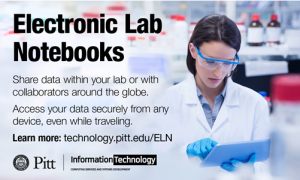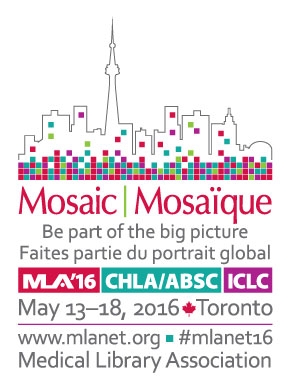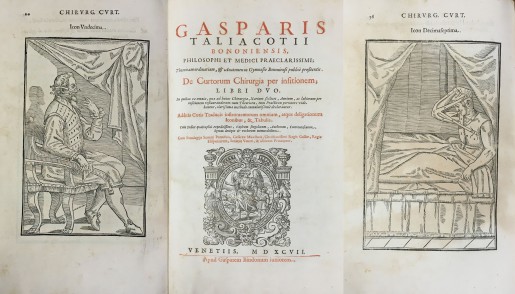 What is an electronic lab notebook (ELN), and why use one? Quite simply, ELNs are designed to replace paper lab notebooks that can be damaged, misplaced, or potentially altered. The digital nature of ELNs allows for:
What is an electronic lab notebook (ELN), and why use one? Quite simply, ELNs are designed to replace paper lab notebooks that can be damaged, misplaced, or potentially altered. The digital nature of ELNs allows for:
- Location independence due to cloud storage
- Saving text, images, links, references, comments, PDFs, and more
- Searchable entries by keyword, date, or use
- Secure backup and access
- Sharing of notebooks among the researcher, primary investigator, and other lab members or collaborators
- Traceable history of additions and deletions as all versions are saved indefinitely
![]() Thanks to Computing Services and Systems Development (CSSD), Pitt now has an enterprise license for an ELN, LabArchives. After surveying the research community, it was determined that having access to an ELN facilitates researcher interest in improving workflow and data documentation, addresses the University’s legal, regulatory, quality assurance, records management, collaboration, and centralized reporting needs, and is valuable for research data management in general. CSSD has created numerous resources in support of LabArchives:
Thanks to Computing Services and Systems Development (CSSD), Pitt now has an enterprise license for an ELN, LabArchives. After surveying the research community, it was determined that having access to an ELN facilitates researcher interest in improving workflow and data documentation, addresses the University’s legal, regulatory, quality assurance, records management, collaboration, and centralized reporting needs, and is valuable for research data management in general. CSSD has created numerous resources in support of LabArchives:
- University Times article
- General information website (including access and restrictions)
- ELN FAQ
- Instructions for linking an existing LabArchives account
There are three ways for University of Pittsburgh researchers to access LabArchives:
- Log in to my.pitt.edu. In the right column click on Electronic Lab Notebooks, which leads to the Web Authentication page. After entering your University Computing Account username and password, you will be directed to LabArchives.
- Sign in directly from the LabArchives website, select University of Pittsburgh from the partner site login, and enter your information on the Web Authentication page.
- Download the LabArchives app for iOS or Android to use on your mobile device.
LabArchives also has numerous resources to help users get started creating their lab notebooks:
The Health Sciences Library System Data Management Group is here to assist all University of Pittsburgh researchers with any data management questions, including those regarding ELNs. Additional information is available in the Data Management Guide.
~Carrie Iwema



